We cannot increase equity for marginalized communities across the United States without ensuring universal access to the internet. Just as our society — the wealthiest nation on Earth — provides at least a minimal level of nutrition, education and health care, an internet connection, and the basic digital skills needed to use it, are also necessities in the information age.
As the Senate prepares to vote on a massive $65 billion broadband proposal, the road map for closing the digital divide is twofold: building out broadband infrastructure to reach the entire country, including rural America, which is
8.6 percent Latino and 7.8 percent Black; and making sure the broadband end product is affordable for all.
Public and private initiatives have already proved that the latter approach works. For as little as $10 a month, broadband providers are connecting millions of low-income families through programs such as Comcast’s Internet Essentials.
But, unfortunately, the EBB is only a temporary program. It will end when the pandemic ends, or when the pool of funding runs out.
The bipartisan infrastructure bill pending before the Senate includes $14 billion to extend this vital program for five more years. Congress should act quickly to pass this historic deal so that vulnerable families won’t be cut off when the EBB expires.
For many Black, brown, Asian and Indigenous communities, ladders of opportunity seem to be slipping further and further out of reach. Today’s generation faces the highest-priced college tuition in U.S. history, unaffordable health care, wage gaps, systemic racism and economic turmoil from the COVID-19 pandemic. Our communities were hit the hardest by the pandemic, with
61 percent of Latino adults and 44 percent of Black adults reporting a loss in job or wages in their households.
Rebuilding for generational wealth and genuine equality across all fronts will be impossible without closing the digital divide.
No family should have to decide between putting food on the table or paying their broadband bill. No young Latinx student — nor any student — should have their potential limited simply because their family cannot afford internet at home.
That is why the National Hispanic Media Coalition, along with dozens of other leading civil rights organizations and companies, have urged
Congress and the White House to create a permanent broadband benefit as the centerpiece of a comprehensive plan to close the digital divide in this country. The leaders who brokered the infrastructure bill compromise heeded this call — and now their colleagues must pass it into law.
We cannot “Build Back Better” or tackle our nation’s most odious and pressing inequities without first ensuring the most marginalized among us can connect to the internet at home — because digital rights are human rights.”
